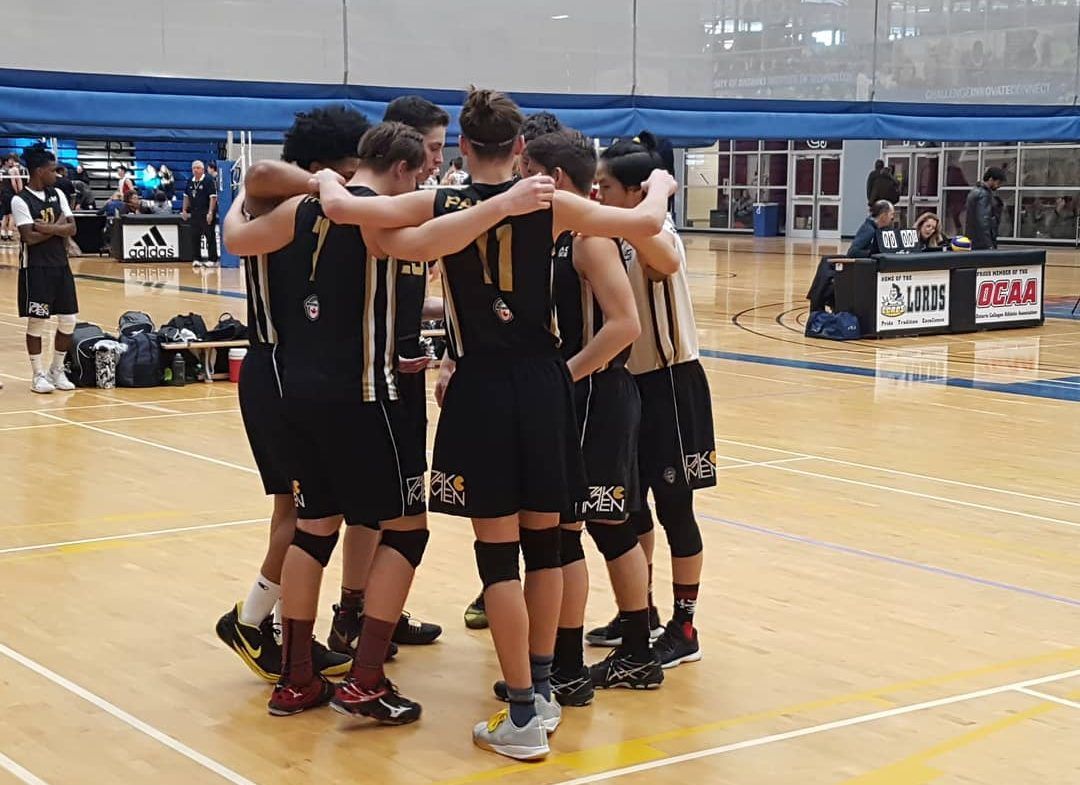Keeping Teammates Accountable

By Alexander Ketrzynski
I’ve lost track, but in my sixteen-plus years of playing volleyball, including, one year of being on an Olympic team, I’ve only played on two or three exceptional teams which truly reached their full potential. I’ve also assisted only a few teams which, I thought, reached their full potential. Win or lose, my participation on these teams always left me with feelings of pleasure and fulfilment—feelings which, I believe, were shared by all the members of these teams. I’m convinced that these these teams were exceptional because there existed a culture in which the players uniformly held each other to a standard wherein each had to give his all in every practice and match. The article, “Keeping Your Teammates Accountable,” written by Truesport and published on the Team USA Volleyball blog, makes six suggestions for creating such great teams. On these teams, as Hall of Fame basketball player Joe Dumars states, “players hold players accountable.”
One of the most important elements in creating a fully accountable team is to “eliminate excuses.” An important part of this is creating the understanding that mistakes are inevitable, but that excuses are neither allowed nor welcomed. This will help players understand that criticism is meant to further team goals rather than to single the individual out in a negative way. As a player, I always considered it my duty to succeed in my tasks regardless of the type of task before me. In other words, I never blamed a setter for a set that I couldn’t score with. I’ve tried to instill this attitude in every player who comes to me with an excuse. I believe that this is an understanding that needs to be reached between all players and coaches before the season starts.
Team leaders emerge throughout the course of a season. These individuals have the most influence on creating a culture of full accountability. They lead by guiding less experienced players, leading by example and by calling out individuals who are not conforming to the ideals of the team. This is an important but delicate task which should be performed in cooperation and communication with the coaching staff to avoid arousing negative feelings from other players.
The article also discusses setting rules for oneself, such as always being on time, showing self-accountability, and creating a culture of accountability outside of sports. For a full discussion of all these areas, I highly recommend you read the full article which can be found here.
Alexander Ketrzynski is currently an assistant coach with the Pakmen Volleyball Club, and father of three sons who are also passionate about the game. He was a member of the 1984 Canadian Olympic Men’s Volleyball Team.
Check PAKMEN’s High Performance Volleyball programs |
Check PAKMEN’s Leagues |
